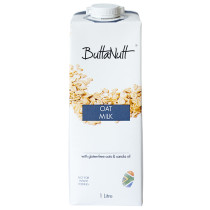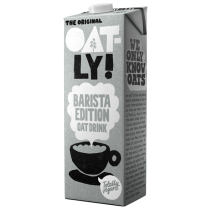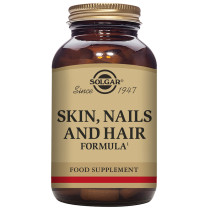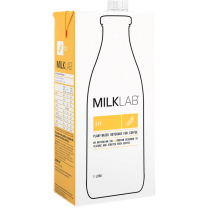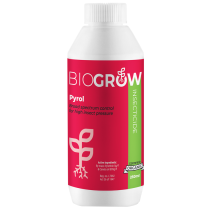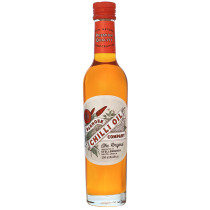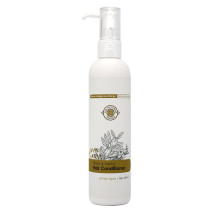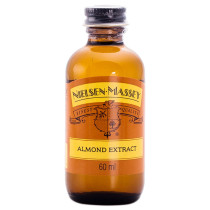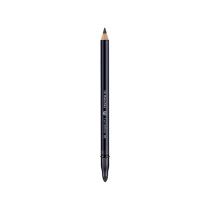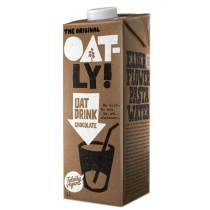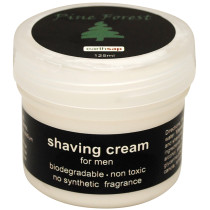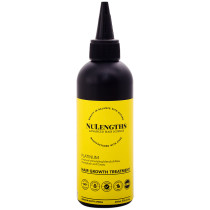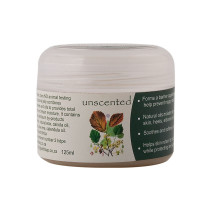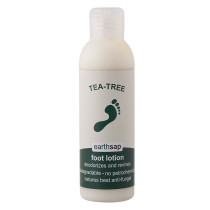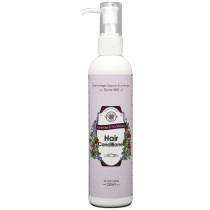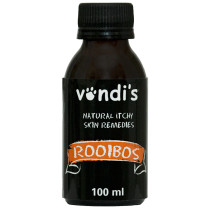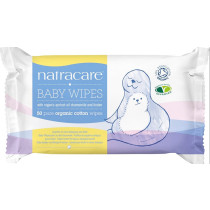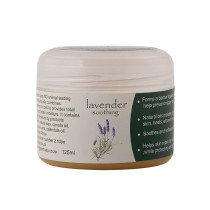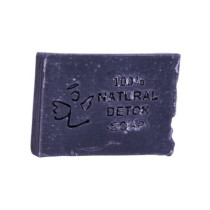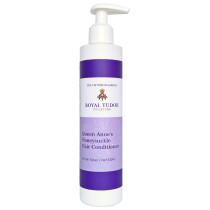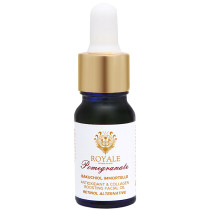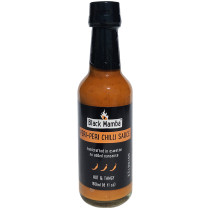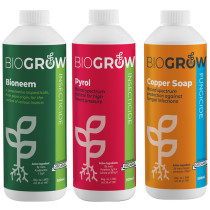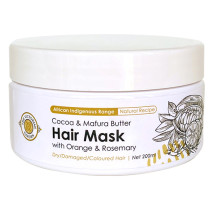Canola Oil
Plant Oil
Canola Oil
Other Name(s):
Rapeseed Oil; Brassica napus Seed Oil

Brassica napus is suggested to be native to India but today it sees cultivation globally, from China, to Canada and everywhere in between. It thrives with between 200 - 300 mm of annual rainfall and is not drought resistant but isn’t too picky about soil type and grows pretty much anywhere.
Is Canola Oil Faithful to Nature?
Yes.
Canola Oil is a natural ingredient with many useful benefits. It can be farmed sustainably using natural and organic farming principles without the use of genetically modified seed stock.
Benefits: Why is Canola Oil Used?
Nutritional Value
Canola Oil is 93% unsaturated fat and is cholesterol-free.
Vitamin Rich
Canola Oil is rich in vitamin E and K making it great for skin and hair.
Title 27
Canola oil in skincare products may help combat the signs of ageing, blemishes and spots.
Fatty Acids
Canola oil is high in omega-3 and omega-6 fatty acids making it one of the healthiest cooking oils.
Canola Oil is available in stores as a single ingredient cooking oil and is also used as the principal constituent of blended cooking oils. Canola Oil is also used to make heart-healthy margarine. The oil also features in many skincare and makeup products like lipstick, lip balm, moisturising lotion, foundation, base and more.
Canola Oil is made by separating the seeds of Brassica napus from the bulk of the plant matter. The seeds are then pressed to extract the oils within, degummed and deodorized. Leftover seed pulp is used as an animal feed stock and natural fertiliser.
All certified organic Canola Oil is GMO-free.
Canola is a member of the mustard family.
Canola is not one of the GMO crops approved for cultivation in South Africa.
Notice: The information provided here is not intended as medical advice and is for educational purposes only.

